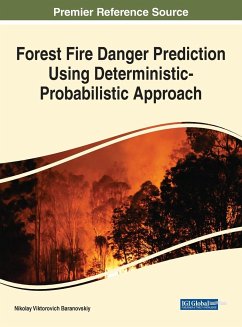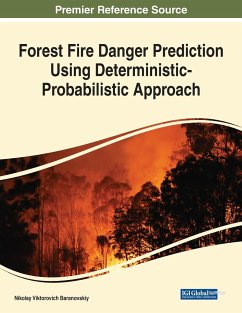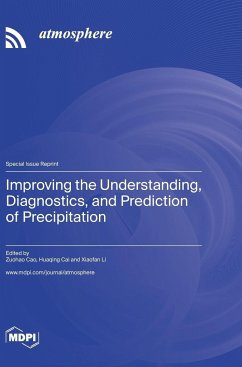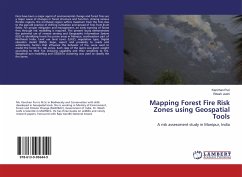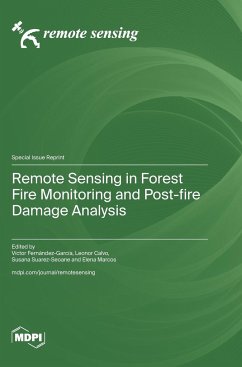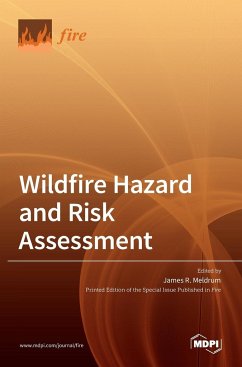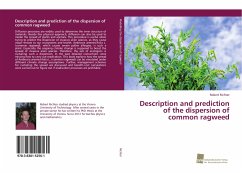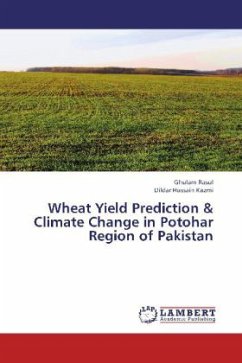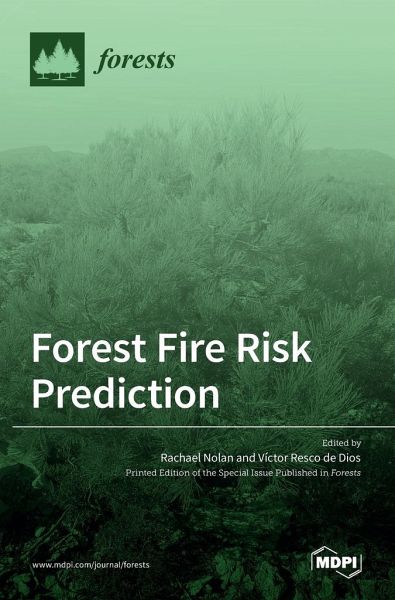
Forest Fire Risk Prediction
Versandkostenfrei!
Versandfertig in 1-2 Wochen
70,99 €
inkl. MwSt.

PAYBACK Punkte
35 °P sammeln!
Globally, fire regimes are being altered by changing climatic conditions and land use changes. This has the potential to drive species extinctions and cause ecosystem state changes, with a range of consequences for ecosystem services. Accurate prediction of the risk of forest fires over short timescales (weeks or months) is required for land managers to target suppression resources in order to protect people, property, and infrastructure, as well as fire-sensitive ecosystems. Over longer timescales, prediction of changes in forest fire regimes is required to model the effect of wildfires on th...
Globally, fire regimes are being altered by changing climatic conditions and land use changes. This has the potential to drive species extinctions and cause ecosystem state changes, with a range of consequences for ecosystem services. Accurate prediction of the risk of forest fires over short timescales (weeks or months) is required for land managers to target suppression resources in order to protect people, property, and infrastructure, as well as fire-sensitive ecosystems. Over longer timescales, prediction of changes in forest fire regimes is required to model the effect of wildfires on the terrestrial carbon cycle and subsequent feedbacks into the climate system. This was the motivation to publish this book, which is focused on quantifying and modelling the risk factors of forest fires. More specifically, the chapters in this book address four topics: (i) the use of fire danger metrics and other approaches to understand variation in wildfire activity; (ii) understanding changes in the flammability of live fuel; (iii) modeling dead fuel moisture content; and (iv) estimations of emission factors. The book will be of broad relevance to scientists and managers working with fire in different forest ecosystems globally.



